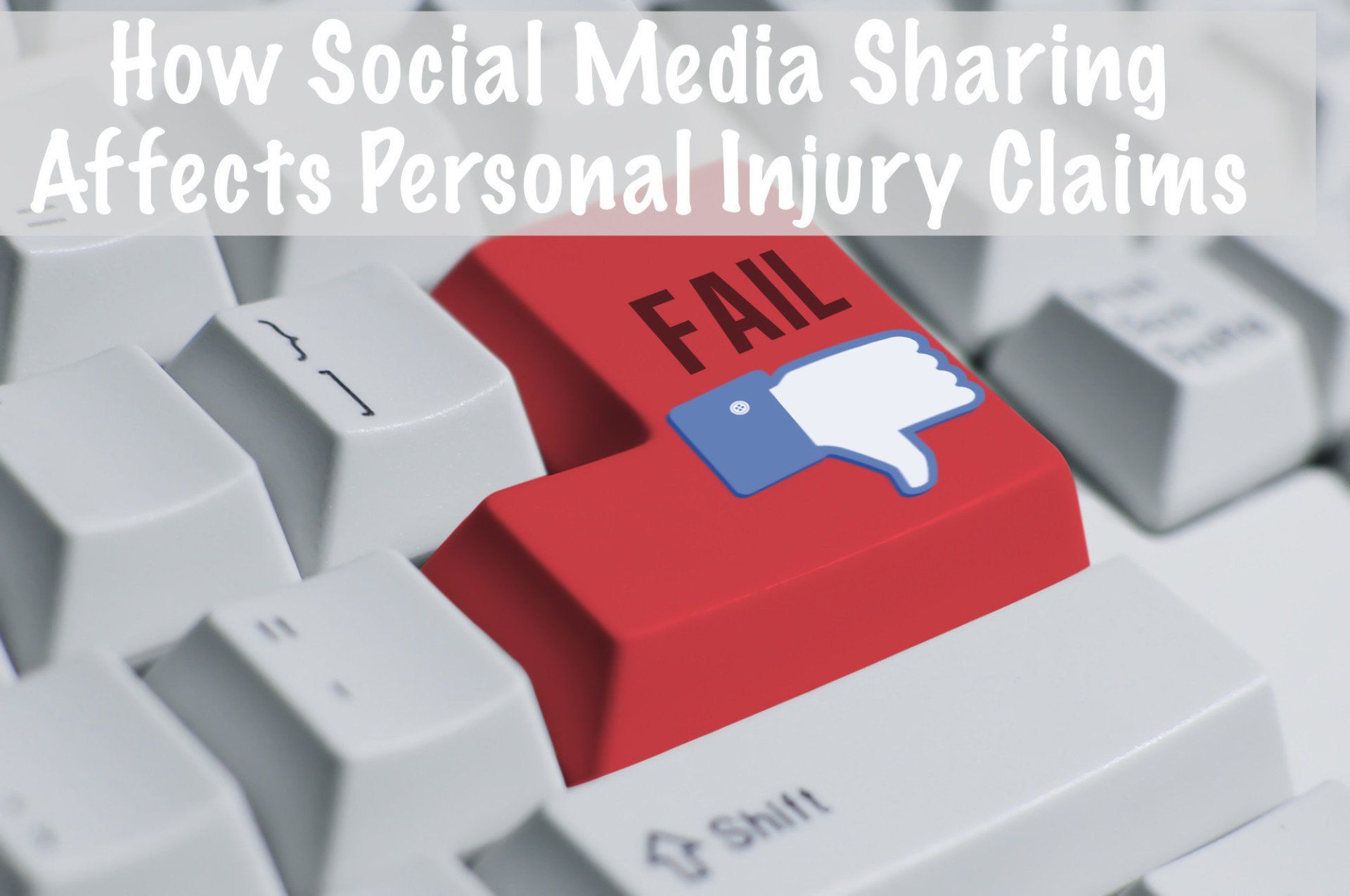Workplace Retaliation: Know Your Rights After Filing a Worker's Comp Claim
Have you returned to work after an injury and discovered you've been demoted? You may have a workplace retaliation claim, keep reading to discover your rights.
Most people are aware that laws exist to protect employees from harassment and discrimination in the workplace. These same laws also protect employees from retaliation from their employer.
That means your employer cannot retaliate against you for filing for workers compensation. If you suffer an injury on the job, you should receive compensation for your medical bills and lost wages.
And you should expect the support of your employer. If your employer has fired you or treated you unfairly after you've filed workers compensation , you may have a case for employer retaliation.
Are you a victim of workplace retaliation? Know your rights.
Workplace Retaliation
Retaliation occurs when an employer commits a negative action towards one of their employees for engaging in a legally protected activity such as filing for workman's compensation. Retaliation towards an employee could include negative job actions including:
- Discipline
- Demotion
- Salary Deduction
- Job reassignment
- Firing
- Providing an unjustified negative job reference
- Making threats
- Increasing surveillance
Retaliation can also be subtle and harder to define. Sometimes it's clear that an employer's actions are retaliatory, but in other instances, you must look at the situation.
For example, some employees might not mind a change in job shift, but this could be very difficult for a parent of young children. Federal law prohibits employers from retaliating against employees who report injuries on the job or who file for workman's compensation.
If your employer's adverse action has made working difficult or negative for you, you should contact a worker's compensation attorney to discuss your case.
Is Your Employer Retaliating
Sometimes retaliation may be obvious, but in some situations, it may be harder to prove. If you receive a negative consequence right after you file for workman's compensation , you have good reason to be suspicious.
Not every act of retaliation is direct. It may come in the form of a negative performance review, exclusion from meetings, or removal from a group or project.
When your employer's actions have a negative impact on your employment, it may be retaliatory.
The Prevalence of Retaliation
If you suffered an on-the-job injury, you have the right to pursue workman's compensation benefits. Unfortunately, many employers become angry about having to pay for an employee's injuries.
Some employers resort to illegal actions to punish an employee for filing a worker's compensation claim. Although the number of reported workplace injuries has decreased over the last several years, many experts believe this is due to fear of retaliation.
If you feel you are a victim of retaliation in the workplace , contact a worker's compensation attorney who handles these types of cases to discuss your case.
Why Employers Retaliate
Unfortunately, some employers do not follow the law when it comes to workplace injuries. The response of some is to blame the employee for their injury or challenge their injury claim.
Some employers try to punish the employee for filing a worker's compensation claim. Because of this possibility, employees are often afraid to file for the compensation they deserve.
This type of employer conduct goes against the purpose of workman's compensation. If you are dealing with retaliation on the job, you have rights.
Termination While on Leave
Many employees wonder and worry about whether or not their employer can fire them while they are on worker's compensation leave. There's not a simple yes or no answer to this.
While you can't be fired for filing a workman's compensation claim, it is possible your employer could terminate you while your claim is open. An experienced workman's compensation attorney can assist you if you are facing termination after filing a claim.
Under workman's compensation laws, your employer is required to maintain an employee's job, while their claim is pending, until they recover, or reach "maximum medical improvement."
Maximum medical improvement (MMI) is the point at which your condition is not expected to further improve.
When You Suspect Retaliation
If you think you are experiencing retaliation at work, first, talk to a supervisor or human resources representative about your concerns. Don't hesitate to ask questions.
If your employer cannot offer a solution or explanation, voice your concern that you feel you are experiencing retaliation. Your employer will likely deny this.
If the problem continues, you may need to take your concerns to the Equal Employment Opportunity Commission (EEOC).
Building a Retaliation Case
To prove retaliation, you must show a link between your filing a worker's compensation claim and your employer's retaliation. The more evidence you have, the better.
Document conversations, gather emails, collect past performance reports or any other documents that may support your claim. You want to keep historical data that supports your claim.
For example, if all of your past job evaluations were glowing, and now they are negative, you want documentation that shows it. You want to show that your employer's behavior toward you changed because you filed for worker's compensation.
Consult a Workplace Retaliation Attorney
If you suffered an on-the-job injury, you have the right to pursue workman's compensation to cover medical bills and lost wages. A serious injury can lead to thousands of dollars of medical debt in addition to physical and emotional suffering.
You may feel worried about your job and future employment opportunities. The attorneys of the Law Office of Rick Koenig know how important your employment is to you.
You depend on your income to support yourself, and any threat to your employment is reprehensible. Our attorneys are experienced with retaliation cases and dealing with employers who mistreat injured workers out of spite.
We can talk with you about your case and help you decide on the next steps to take. If you are dealing with workplace retaliation after filing a worker's compensation claim, contact us today to see how we can help you.








